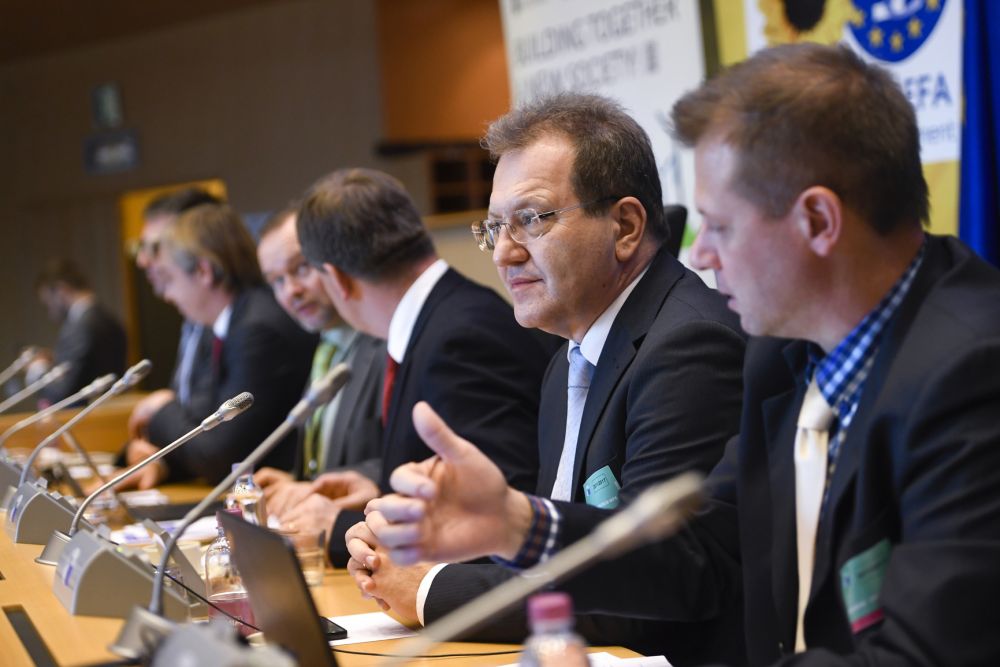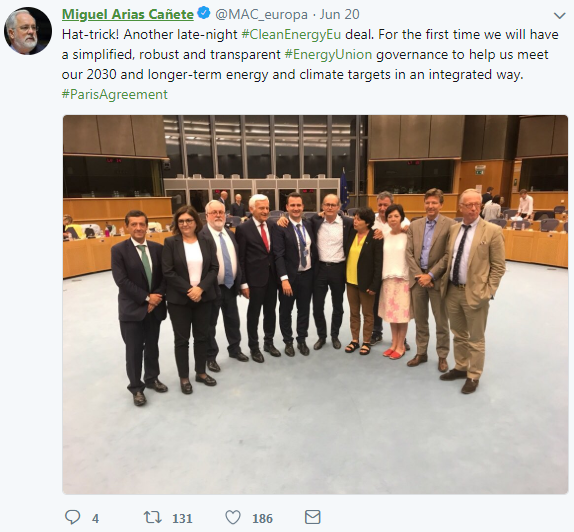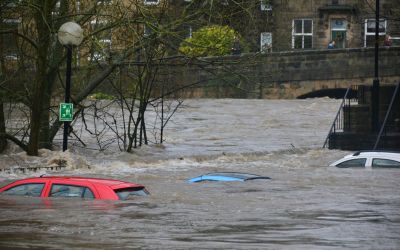EU aiming for zero-carbon economy “as early as possible”
The EU has completed a “hat-trick” of agreements this week which, if implemented, will transform Europe into a truly low-carbon and green continent.

The EU has completed a “hat-trick” of agreements this week which, if implemented, will transform Europe into a truly low-carbon and green continent.
A late-night deal was concluded on Wednesday to establish the governing rules to ensure energy across the bloc is secure, affordable and climate friendly.
The news follows a separate agreement made the previous day between the European Commission, Parliament and Council to increase energy efficiency to 32.5 percent by 2030.
Negotiators also brokered a target to source 32 percent of energy from renewable sources last week. Together these achievements, while still at the level of draft agreements, could signal a major shift towards a modern, sustainable and emissions-free society.
The deal on governance, which underpins the Energy Union project, stopped short of setting a date for reaching a zero-carbon economy, instead opting for “as early as possible” in the final wording. It requires each member state to submit national energy and climate plans on how they will meet the key components of the project: decarbonisation, energy security, and energy efficiency.
Miguel Arias Cañete, the EU’s climate commissioner, said on Twitter the “robust” rules would help the Union meet its commitments under the Paris Agreement.
“For the first time we will have an Energy Union Governance, fixed in the European Union rule book, encompassing all sectors of the energy policy and integrating climate policy in line with the Paris Agreement,” he added in a statement.
Michele Rivasi, a French MEP for the Green Party said: “Strong governance rules are needed to respect the Paris agreement. We have therefore ensured that the national plans are compatible with the objective of keeping global warming well below 2°C, with the ambition of reaching 1.5°C”.
Quentin Genard at environmental group E3G, commented: “Negotiators have agreed on measures that should hold member states accountable for delivering their energy targets. But the regulation is only providing tools: the real test will be in the ambition of the national 2030 plans, the long-term 2050 plans and their respective update in five years’ time”.
Photo Credit: © European Union 2017 - Source : EP


_400_250_80_s_c1.jpg)




